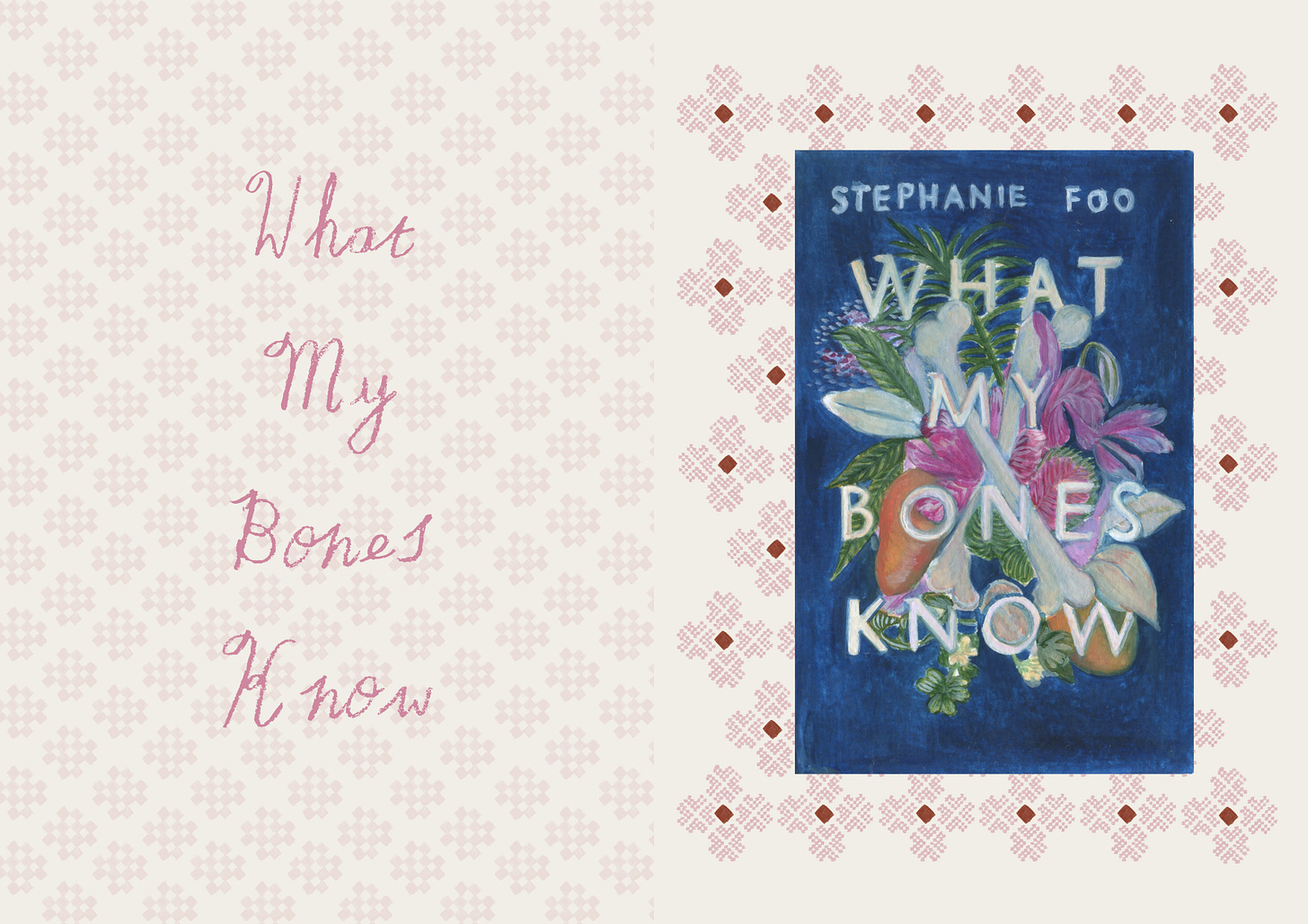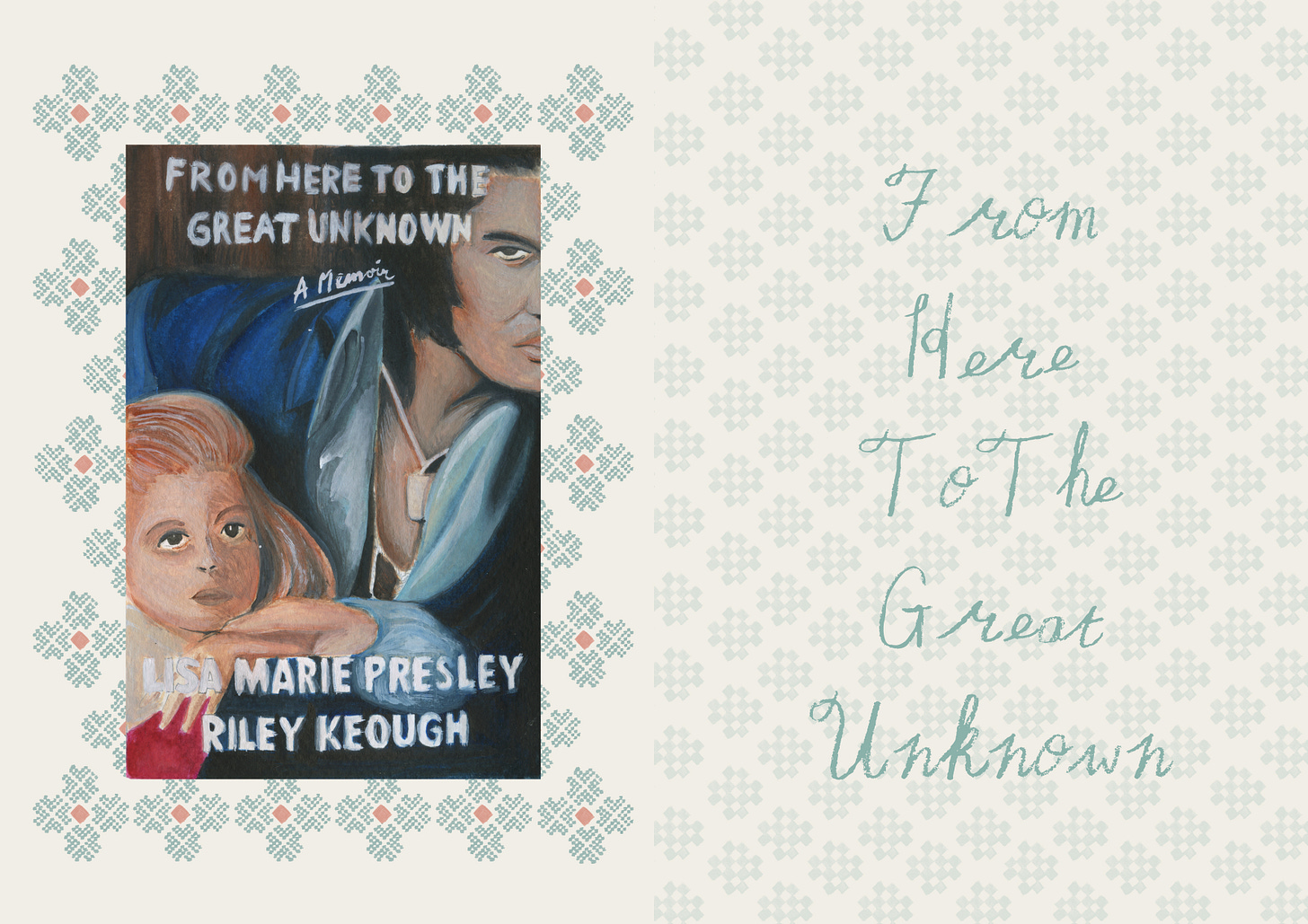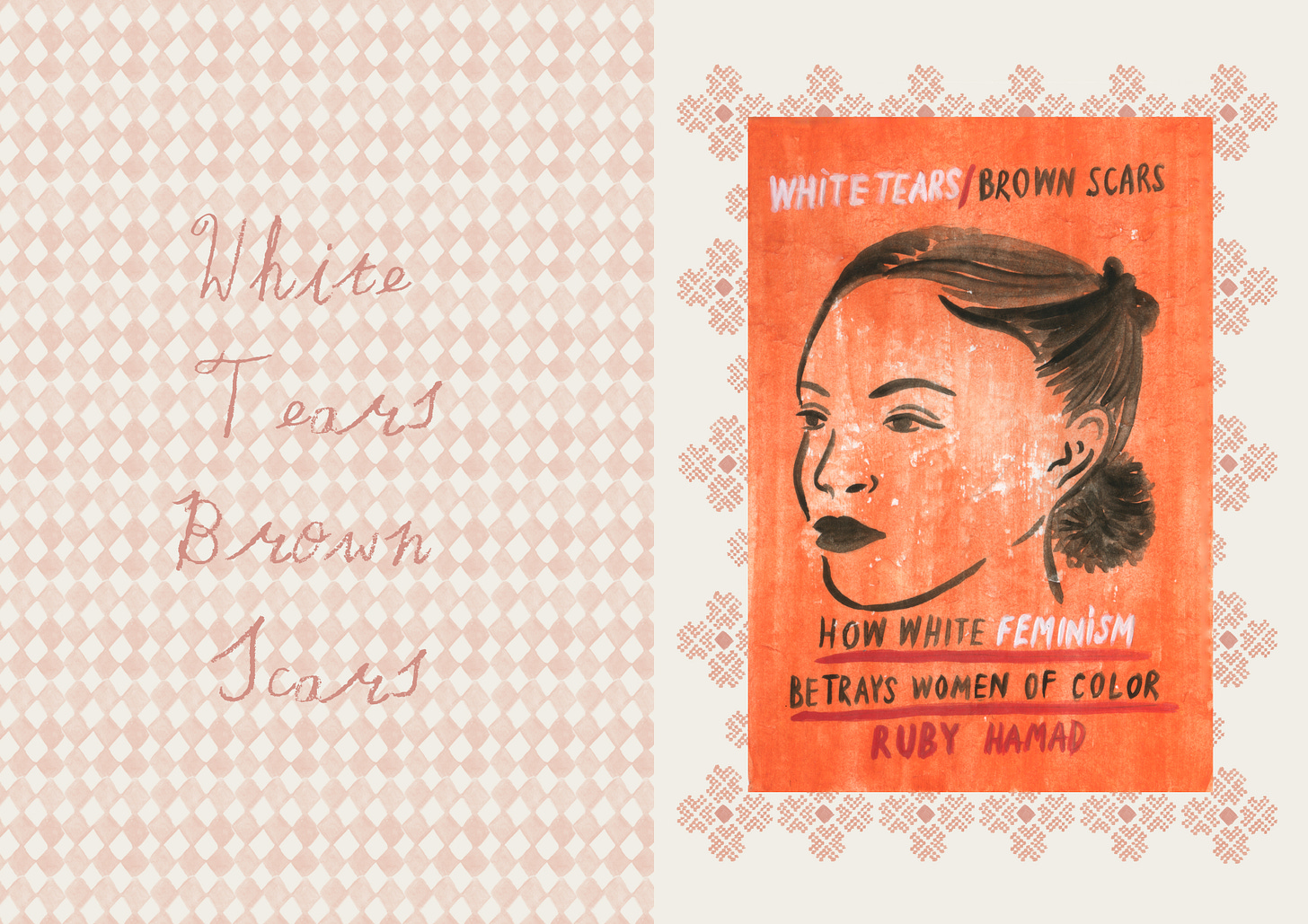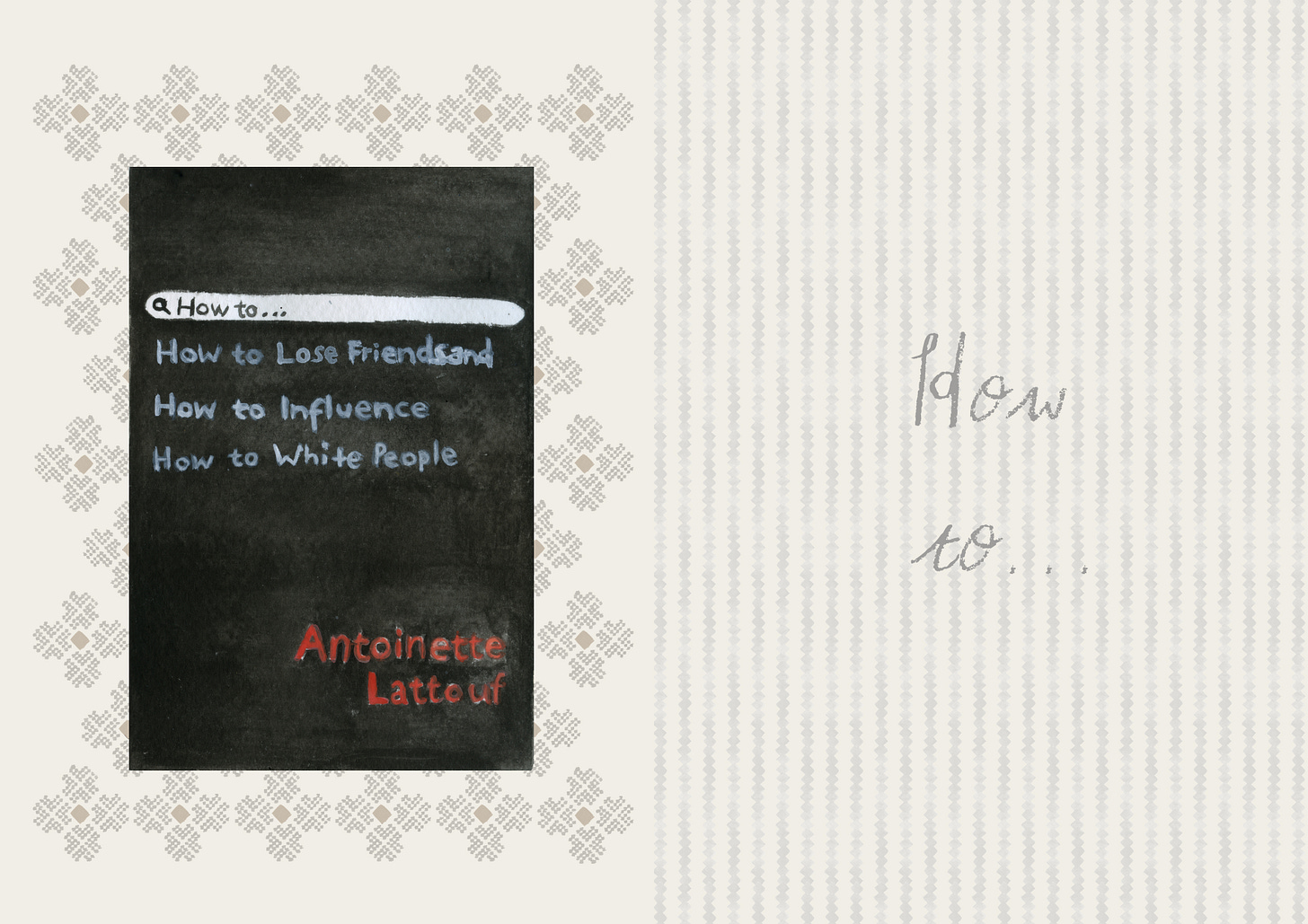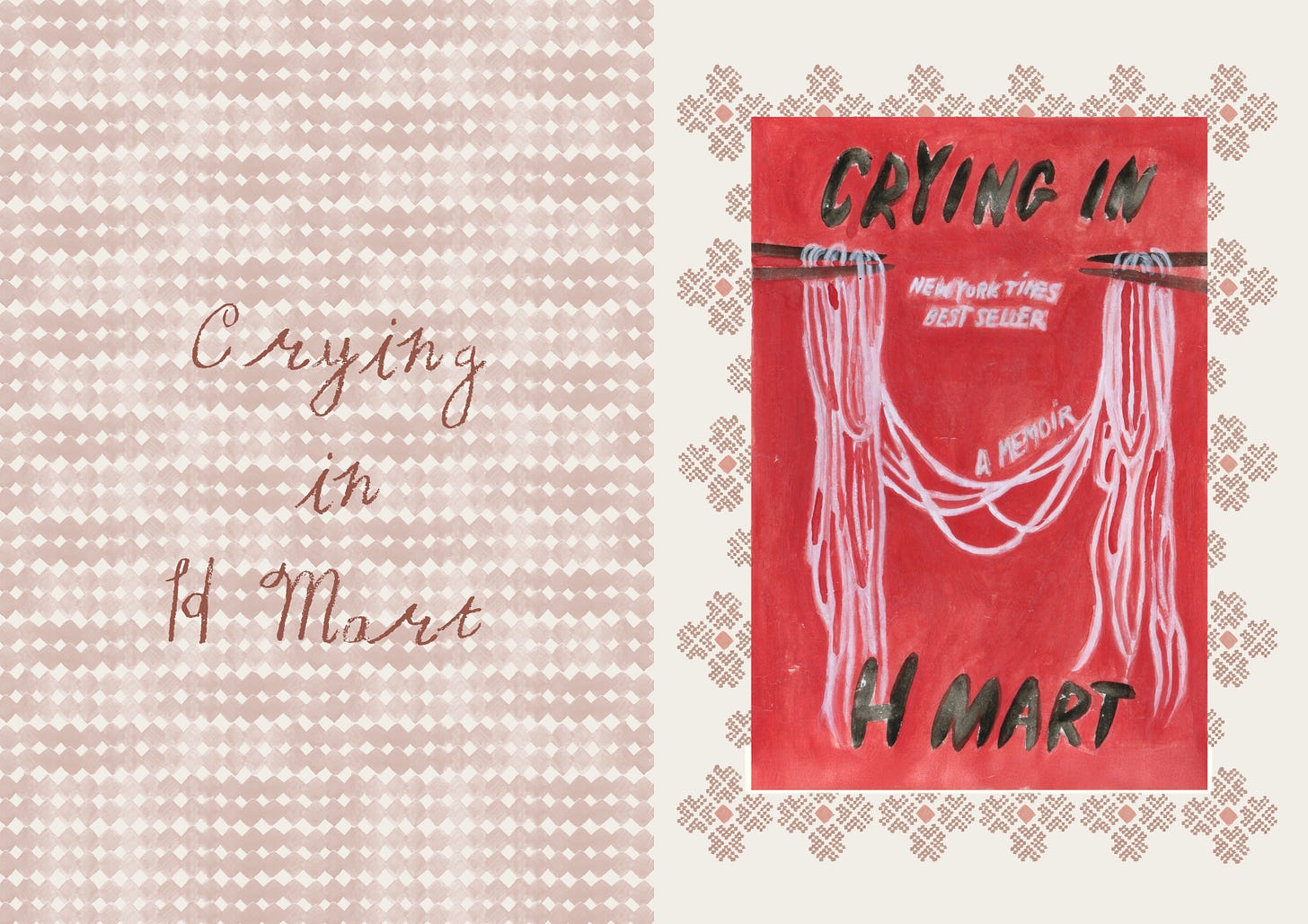‘What My Bones Know’ by Stephanie Foo
I’d had this audiobook sitting on my phone for nearly two years, always meaning to get around to it. Foo is best known as a journalist, radio producer and author. I wasn’t familiar of her work so I didn’t expect her story to relate to me as much as it did. She begins by describing her childhood in California, which was dominated by emotional/physical abuse and later abandonment by her parents. These experiences eventually led to a diagnosis of Complex PTSD.
I found myself moved by how openly she shares her healing journey. I was drawn in by her narration as it’s raw and honest and you can hear the pain and frustration in her voice. She talks about going through different forms of therapy, including EMDR, and her exploration of it is both personal and broad. It goes beyond her own story, bringing in insights from scientists and psychologists to show how trauma affects both the mind and body, how it lingers and how it can be passed down through generations.
Foo also reflects on her time as a producer at This American Life, and I connected with her experience of feeling like an outsider. She describes being overlooked, facing subtle & blatant forms of bullying, and constantly questioning her place in spaces where she worked so hard to belong in. That feeling of being present but unseen really resonated with me, as I’ve started reflecting more on past experiences & environments.
Lately, I’ve been drawn to stories by other Asian writers and public figures, especially those that explore childhood and complicated relationships with parents. Even when their experiences aren’t exactly like mine, there is something that always feels familiar.
‘From Here To The Great Unknown’ - Riley Keough/Lisa Marie Presley
I listened to the audiobook version, which switches between Julia Roberts and Riley Keough (granddaughter of Elvis Presley). Robert’s narrates as Lisa Marie Presley, while Keough narrates as herself. The latter stepped in to finish the book after Lisa Marie’s sudden passing. I was initially skeptical about the choice of dual narrators, but it ended up working surprisingly well.
The book resonated with me, especially in its exploration of generational trauma and grief themes that seem to echo through the Presley family line. It feels like a heartfelt tribute to Lisa Marie’s late as a mother, but also an honest account of her lifelong struggles with addiction, identity, and the emotional toll of losing a parent at such a young age.
I had previously read ‘Elvis and Me’, Priscilla Presley’s memoir about her time with Elvis, which was recently adapted into the film ‘Priscilla’, directed by Sofia Coppola. It was interesting to get Lisa Marie’s perspective on her sometimes strained relationship with her mother, offering a contrast to Priscilla’s own story, which centred on her complex romance with Elvis.
What also stood out to me was how much of her life was dominated by grief and showed it this can dominate a larger family story.
‘White Tears/Brown Scars’ by Ruby Hamad
I found this book helpful in building confidence around how I feel about past friendships and experiences. While the specific anecdotes in the book don’t mirror mine exactly, I deeply related to the emotions they brought up, especially the feeling of being tone-policed, of shrinking my voice to avoid being seen as difficult or too aggressive and having situations twisted or turned back on me.
The book traces the historical role of white women from the era of slavery to the present day, highlighting how some have actively participated in upholding systems of oppression. It offers examples of how white people and white women in particular have used tears to avoid accountability and silence BIPOC voices, often as a way to assert power. Sometimes intentionally and unintentionally.
I wish I had come across it earlier, it would’ve helped me recognize certain behaviors and dynamics much more clearly. Looking back, I often sensed when something felt off, but I lacked the confidence to fully trust my instincts. Now, I can more easily & clearly identify many of those past experiences as textbook examples of manipulation or avoidance and feel much more grounded in my own views.
‘How to Lose Friends and Influence White People’ by Antoinette Lattouf
I found it easy to power through this book via audiobook, largely thanks to Latouf’s engaging narration. Like Ruby Hamad’s work, this book is incredibly helpful in offering real-life examples and anecdotes, serving as a kind of loose guide on how to potentially navigate certain situations. One standout chapter, “1300-WYT-HELP,” highlights how the burden of explaining racism often falls on people of colour, something I feel that I’ve carried the weight of but didn’t even realise.
She also offers key points on knowing when to let go, whether of relationships, conversations, or situations. The parts that resonated with me most emphasised the importance of surrounding yourself with those who are willing to listen to different perspectives and actively educating themselves.
She says:
“Saying you are not racist and being a self-declared ally is not enough. You have to educate yourself, speak up when it’s uncomfortable, act by taking a stand, and in some cases step aside so non-white people can move forward”
She highlights that being exposed to racism isn’t just emotionally draining; it can have long-term impacts mentally and physically. Especially when people you once saw as allies begin to act in ways that feel dismissive, it can be painful but not surprising.
‘Crying in H Mart’ by Michelle Zauner
I recently discovered Michelle Zauner, the musician behind Japanese Breakfast and saw that she had written a memoir about her relationship with her mother, who passed away from cancer.
‘Crying in H Mart’ was a refreshing contrast to much of the other content I had been engaging with, which primarily centred around race and trauma. While this book still touches on grief and identity, it does so through a more personal and reflective lens.
The memoir explores themes of cultural connection, food, loss, and the experience of growing up mixed-race in contemporary America. H Mart refers to a Korean grocery store that becomes a significant link to Zauner’s story. Through memories of food, language, and tradition, she unpacks her relationship with her mother and the ways she processed her grief.
It’s a more tender read that shows an intimate portrait of mother-daughter bonds, the pain of losing a parent, and the ways in which we hold onto the people we’ve lost.



